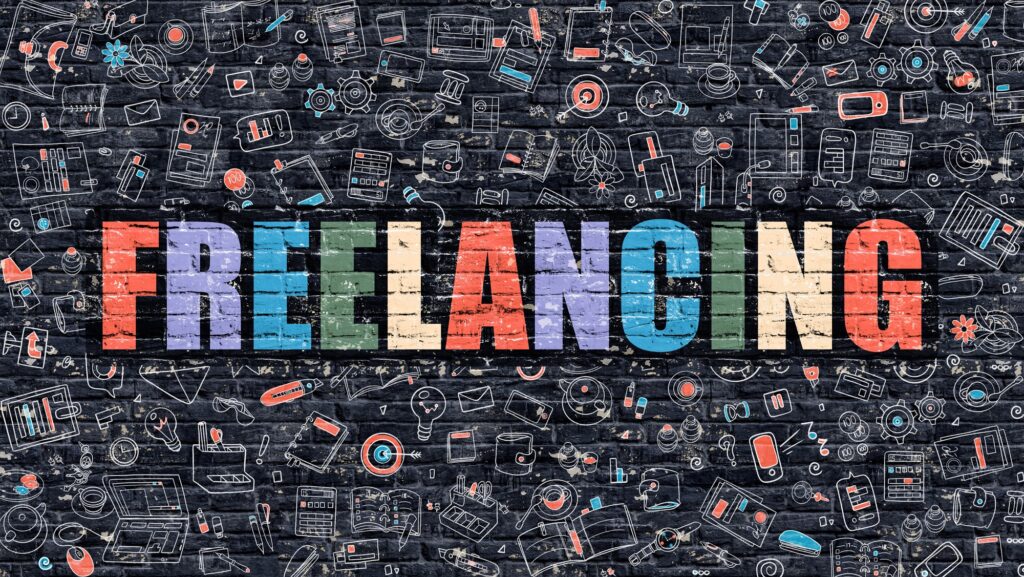10 Things to Know (How to Do) to Be a Freelancer

Introduction
Over this last couple of years, the number of people deciding to make the leap to self-employment and to work as freelancers has dramatically increased, all over the world. For some, this is the hope of taking back control over their lives, instead of having to accept the tyranny (real or perceived) of regular employment. For others, this is the only way in the face of a job market where they just can’t find their place.
With COVID and the discovery that in the 21st century, it is perfectly possible to work wherever and whenever we want while remaining productive (something many freelancers had understood and applied for years; the famous “digital nomads”), the border between freelancers and employees is blurring.
For instance in Japan, where I live, I’ve witnessed the explosion of “Workation Programs”; promotion initiatives (usually of countryside areas) where accommodation and work spaces are provided for very cheap prices, and sometimes even for free (in some cases we’re actually paid to come!). Of course, most freelancers could have benefited from this a long time ago, and the reason it’s growing now is obvious; more and more traditional employees are able to join such programs.
Will this lead to further developing freelancing as a way of working? Or on the contrary, will the number of freelancers drop considering the major advantages of this lifestyle are starting to be found among more traditional employment forms? I can’t tell. But freelancers will certainly benefit from this trend, because a generalization of their lifestyle implies future laws and regulations that should favor them.
For instance in Sweden, some employment insurances (called “A-Kassa”) allow business owners whose activities are at a stop (no more customers, no more work) to get financial compensation as if they were job seekers, but without needing to close down the company, on the condition however that they do not work, which also means not carrying out any sales or marketing-related activities (yes, I know, how are you supposed to get the company back on track in such conditions ?…). Yet in 2020, for the first time, that last restriction was suspended, thus offering a much more useful employment insurance for freelancers; an insurance much more aligned with the reality of their lifestyle.
Being a freelancer, if properly managed, opens the door to any lifestyle we choose: we do what we like, we’re location-independent and can work whenever we please, our income is secured thanks to its many sources, we’re free to try things and to make decisions without the need for any authorization… But on the other hand, when business doesn’t take off – or on the contrary explodes to the point it gets out of hand (or worse yet – if it explodes in terms of time spent on it while money doesn’t follow suit!) – things get extremely stressful and will negatively impact all other areas of one’s life. And because we have complete freedom when starting out, all these scenarios are on the table and succeeding in balancing everything demands constant work.
During the last two or three years, I’ve shared several times my advice and experience with friends who wished to get started, or perhaps already had a business going but faced some issues. I noticed I was often talking about the same topics, giving the same tips and answering the same questions. Hence my idea to gather this all up into a new blog post!
There exists, of course, many freelancing styles depending on one’s offerings, customers (size, industry, location…), ways of interacting (online or in person), and so on. However I’m sharing here advice that, I believe, apply to most self-employed people.
So please find below a mix of tips related to the mindsets to have, the tools to use, the processes to set up and the things to learn. This list is by no means comprehensive but I tried to make it all very concrete to encourage its implementation in real life (and it’s all 100% based on my experience).
This post targets mostly beginners, along with more experienced people who aren’t satisfied with the results they get (financial, working hours, degree of flexibility, etc.). The latter may find here a couple of ideas to work on.